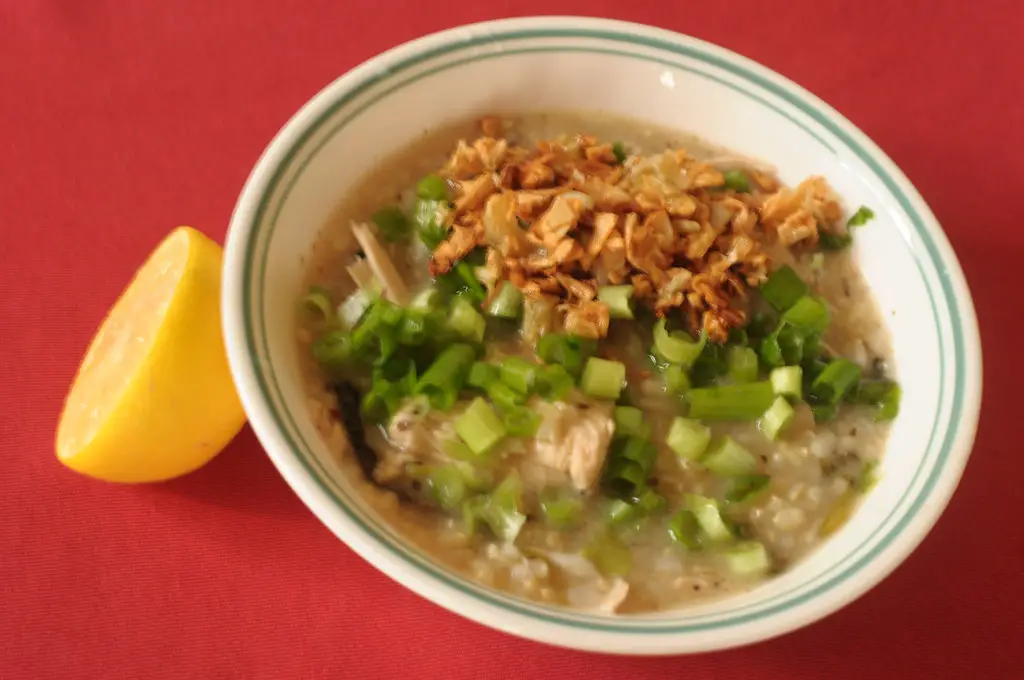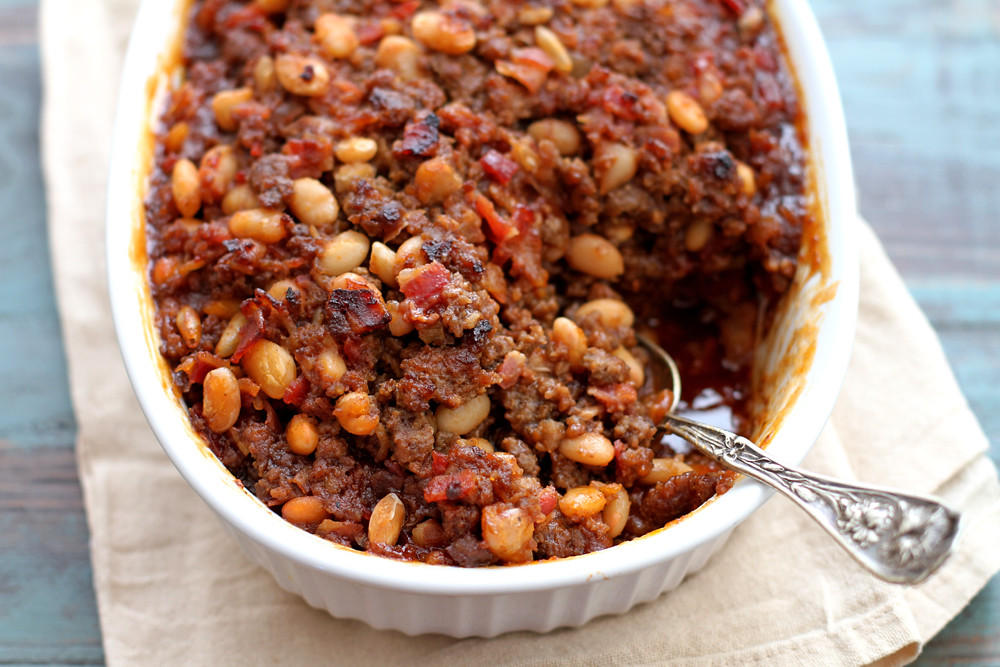Eating foods without preservatives is a choice that reflects a commitment to consuming more natural and less processed foods. Preservatives are chemicals added to food to extend its shelf life by preventing spoilage from bacteria, fungi, or other pathogens, as well as to maintain its color, texture, and nutritional value. While they can be useful for keeping food safe and reducing food waste, some people choose to avoid them due to concerns over health effects and a desire for a more natural diet. Here are steps and tips on how to eat foods without preservatives:
Understand Preservatives
First, it’s important to know what preservatives are and where they might be found. Common preservatives include sodium benzoate, potassium sorbate, sulfites, and nitrites. These are often found in processed foods, canned goods, and even in some fresh foods to prevent spoilage.
Read Labels Carefully
Start by reading food labels thoroughly. Look for any ingredients that serve as preservatives and begin to familiarize yourself with their names. Foods labeled as “organic” or “preservative-free” can be good options, but it’s still important to check the ingredient list, as regulations around these terms can vary.
Choose Fresh Foods
Focus on buying fresh fruits and vegetables, as these are less likely to contain preservatives. Shopping at local farmers markets or signing up for a community-supported agriculture (CSA) box can ensure that you’re getting the freshest produce available.
Eat Whole Foods
Whole foods are those that are unprocessed and unrefined, or processed and refined as little as possible before being consumed. Examples include whole grains, legumes, nuts, seeds, fruits, and vegetables. These foods are naturally free from artificial preservatives.
Cook at Home
Cooking at home gives you complete control over what goes into your food. Prepare meals from scratch using fresh, whole ingredients. This way, you can avoid processed foods, which are likely to contain preservatives.
Preserve Food Naturally
Learn natural preservation methods such as freezing, drying, pickling, and fermenting. These methods can help extend the shelf life of foods without the need for chemical preservatives. For instance, fermenting vegetables can not only preserve them but also enhance their nutritional value.
Limit Processed Foods
Reducing your intake of processed foods is key to avoiding preservatives. Processed foods, including packaged snacks, deli meats, and ready-to-eat meals, are the most common sources of artificial preservatives.
Shop Smart
When shopping, choose brands and products known for their natural and minimal processing. Health food stores and organic sections in supermarkets often offer a wider range of preservative-free options.
Stay Informed
Stay informed about food additives and their effects on health. Research and regulations are constantly evolving, so staying up-to-date can help you make informed choices about what to eat.
Listen to Your Body
Finally, pay attention to how your body reacts to different foods. Some people may be more sensitive to certain preservatives and additives than others. If you notice adverse effects after eating certain foods, consider eliminating them from your diet.
Eating foods without preservatives requires a bit of effort, planning, and education, but it’s a rewarding practice that can lead to a healthier, more natural diet. By choosing fresh, whole foods, cooking at home, and staying informed, you can enjoy a diet free from unnecessary chemicals and additives.
Embrace Meal Planning and Prep
One of the best ways to ensure you eat foods without preservatives is to plan your meals in advance. Meal planning helps you avoid the temptation of convenient, processed foods when you’re hungry and short on time. Each week, take some time to plan out your meals, focusing on recipes that use fresh, whole ingredients. Once your meals are planned, prep as much as you can in advance. This might include washing and chopping vegetables, cooking grains, or even preparing entire meals to be reheated later.
Understand the Seasonality of Foods
Eating seasonally is another key aspect of consuming foods without preservatives. Foods that are in season are more likely to be fresh and locally sourced, reducing the need for preservatives used in long-distance transportation. Familiarize yourself with which fruits and vegetables are in season in your area and plan your meals around them. Not only does this approach support local agriculture, but seasonal foods often taste better and may be more nutritious.
Consider Organic Options
Organic foods are often grown without the use of synthetic pesticides, fertilizers, and other additives, including preservatives. While organic doesn’t always mean preservative-free, these foods are generally closer to their natural state. When shopping for organic foods, still be sure to read labels, as some organic processed foods may contain natural preservatives.
Be Mindful of Eating Out
Eating out can be challenging when trying to avoid preservatives, as you have less control over the ingredients used. However, it’s not impossible. Opt for restaurants that use fresh, local ingredients and prepare dishes from scratch. Don’t hesitate to ask questions about the menu, including how food is prepared and whether any preservatives are used.
Grow Your Own Food
If you have the space and resources, consider growing your own fruits and vegetables. Gardening not only ensures that your produce is fresh and free from unwanted chemicals, but it can also be a rewarding and relaxing hobby. Even if you don’t have a lot of space, many herbs and some vegetables can be grown in pots on a balcony or windowsill.
Educate Yourself on Natural Preservatives
Not all preservatives are artificial or harmful. Some natural substances that act as preservatives can be beneficial or neutral to our health. Examples include salt, sugar, vinegar, and certain spices, which have been used for centuries to preserve food. Learning how to use these natural preservatives can help you keep your food fresh without resorting to artificial chemicals.
Transition Gradually
If you’re used to eating a lot of processed foods, transitioning to a diet without preservatives can be challenging. Start slowly by making one change at a time, such as cooking at home more often or replacing one processed snack with a fresh alternative. Over time, these small changes can lead to a significant shift in your eating habits.
Eating foods without preservatives is not only about avoiding certain chemicals; it’s about embracing a lifestyle that prioritizes fresh, nutritious, and whole foods. By making informed choices and being proactive about your diet, you can enjoy the benefits of a more natural way of eating.
FAQ on Eating Foods Without Preservatives
Is it possible to completely avoid preservatives?
While it’s challenging to avoid preservatives entirely, especially if you eat out or consume packaged foods occasionally, you can significantly reduce your intake by focusing on fresh, whole foods and cooking at home. Being diligent about reading labels and choosing organic or preservative-free products can also help.
Can foods without preservatives still be convenient?
Yes, there are convenient options that don’t contain preservatives. Look for frozen fruits and vegetables, which are often flash-frozen at peak ripeness and don’t require preservatives. Prepping meals in advance and having healthy snacks on hand can also make eating preservative-free foods more convenient.
Are there health benefits to avoiding preservatives?
Eating a diet low in preservatives can reduce your exposure to certain chemicals that some studies have linked to health issues, including allergies, asthma, and potentially even cancer. Moreover, focusing on preservative-free foods often leads to a diet that is higher in fresh fruits and vegetables and lower in processed foods, which is beneficial for overall health.
What should I do if I can’t find preservative-free options?
If you’re having trouble finding preservative-free options, focus on minimizing your intake of processed foods and choosing products with simpler, more natural ingredients. Sometimes, preservatives are necessary for safety reasons, such as in canned goods. In these cases, look for products with preservatives known to have a lower risk of adverse health effects.
How do I handle social situations or eating out?
When eating out or in social situations, try to choose fresher options, such as salads or dishes made with whole foods. Don’t hesitate to ask about the ingredients in dishes. However, remember that occasional consumption of preservatives, especially in a social context, is part of a balanced approach to eating and shouldn’t cause undue stress.
Are natural preservatives healthier than artificial ones?
Natural preservatives, like salt, sugar, vinegar, and citric acid, have been used safely for centuries to preserve food. While they can be preferable to synthetic preservatives, it’s important to consume them in moderation as well, as excessive intake of salt and sugar can lead to other health issues.
Can I still enjoy snacks and convenience foods without preservatives?
Yes, many healthy snack options don’t contain preservatives. Look for fresh fruit, nuts, seeds, homemade granola bars, or yogurt. There are also many brands that offer preservative-free or minimally processed snack options. Reading labels carefully is key to making informed choices.
What’s the best way to start eating foods without preservatives?
Start by gradually incorporating more fresh fruits and vegetables into your diet and reducing your intake of processed foods. Begin cooking more meals at home, using whole, unprocessed ingredients. Educating yourself about preservatives and their alternatives can also help you make more informed choices about the foods you eat.


















